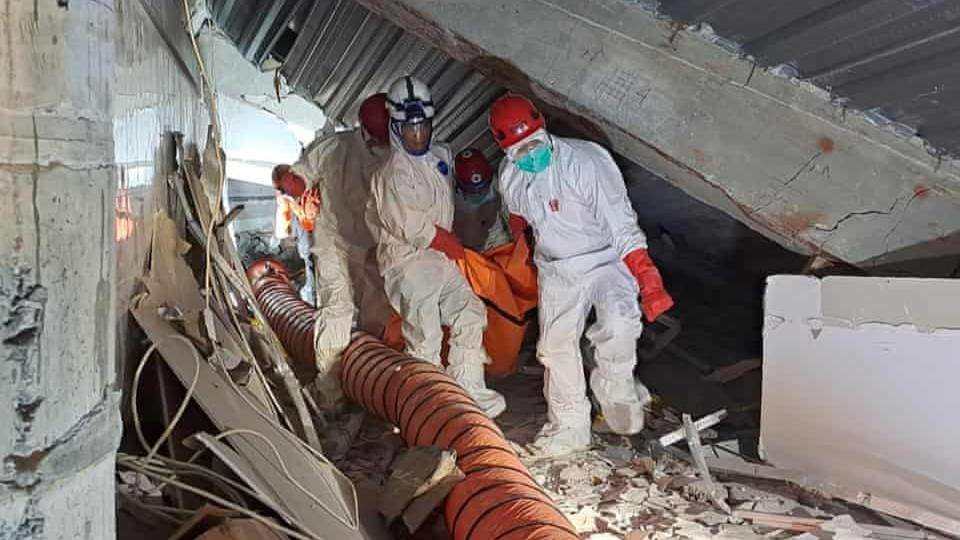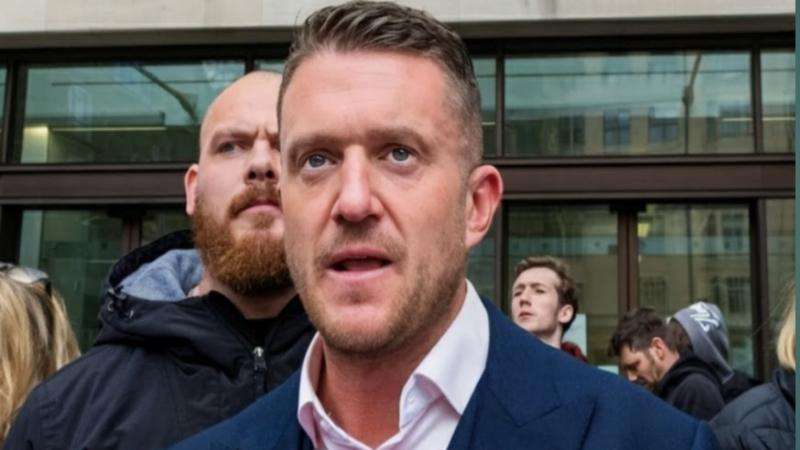Thousands of disabled individuals who stand to lose their benefits under Labour’s £5bn welfare overhaul are still unable to access full details of the government’s proposals.
Nearly two weeks after Work and Pensions Secretary Liz Kendall introduced the green paper on welfare reform, an accessible version of the document has yet to be released.
The Department for Work and Pensions (DWP) has stated that formats such as audio for blind people, braille, and other accessible options will be available in early April. However, since the consultation process has already begun, campaigners are outraged that these versions were not provided from the outset.
Liberal Democrat MP Steve Darling, who is registered blind and uncovered the delay, condemned the situation as “nothing short of a disgrace.”
James Taylor, executive director of strategy at disability equality charity Scope, criticized the government’s approach, stating: “These are some of the biggest cuts to disability benefits on record. Yet, nearly two weeks after their release, many disabled people—who stand to lose thousands of pounds in support—are still unable to read the full details. The government must reconsider these proposals and engage with disabled people in the process.”
The controversy arose following a parliamentary question from Mr. Darling, the Lib Dem work and pensions spokesperson. In response, welfare minister Stephen Timms admitted that accessible versions would be published “in due course.” He justified the early release of the green paper by arguing that it allowed detailed information to be made public as soon as possible. However, the government has also failed to provide accessible versions of the accompanying impact assessment.
Mr. Darling, who has personally struggled to navigate complex paperwork as a visually impaired person, denounced the government’s actions: “To propose such major changes in a format that many cannot even access is utterly disgraceful.”
Disabled people are disproportionately affected by these cuts, particularly through stricter eligibility criteria for Personal Independence Payments (PIPs), which will now be limited to those with severe disabilities.
According to the government’s impact assessment, the reforms will push 250,000 people—including 50,000 children—into poverty. Among those affected are some of the UK’s 340,000 blind or partially sighted individuals, who currently cannot review the details of the policy changes.
The Liberal Democrats have warned that the delay in providing accessible formats may put the government in breach of its own accessibility regulations. Public sector bodies are required to ensure their websites and mobile apps are “perceivable, operable, understandable, and robust.” Failure to meet these accessibility requirements could constitute a legal violation.
Accessible document formats include large print (font size 16 or greater), braille, audio files, MP3, Daisy (audio only or audio with text), Microsoft Word, PDF, HTML, and closed captions for multimedia content.
This latest controversy follows remarks by Chief Secretary to the Treasury Darren Jones, who compared benefit cuts to taking away a child’s pocket money—a statement for which he later apologized.
Mr. Darling criticized the government’s approach, saying: “First, they trivialized the removal of crucial support by likening it to pocket money. Now, they are denying affected individuals the dignity of reviewing exactly how much they stand to lose. This government is at serious risk of losing its moral compass.”
He urged ministers to release the accessible versions of both the green paper and the impact assessment immediately.
A DWP spokesperson defended the reforms, stating: “We have put forward a comprehensive package of changes to health and disability benefits aimed at genuinely supporting people in returning to work, while ensuring the welfare system remains sustainable and continues to protect those most in need.”




_2.jpg)



.svg)


